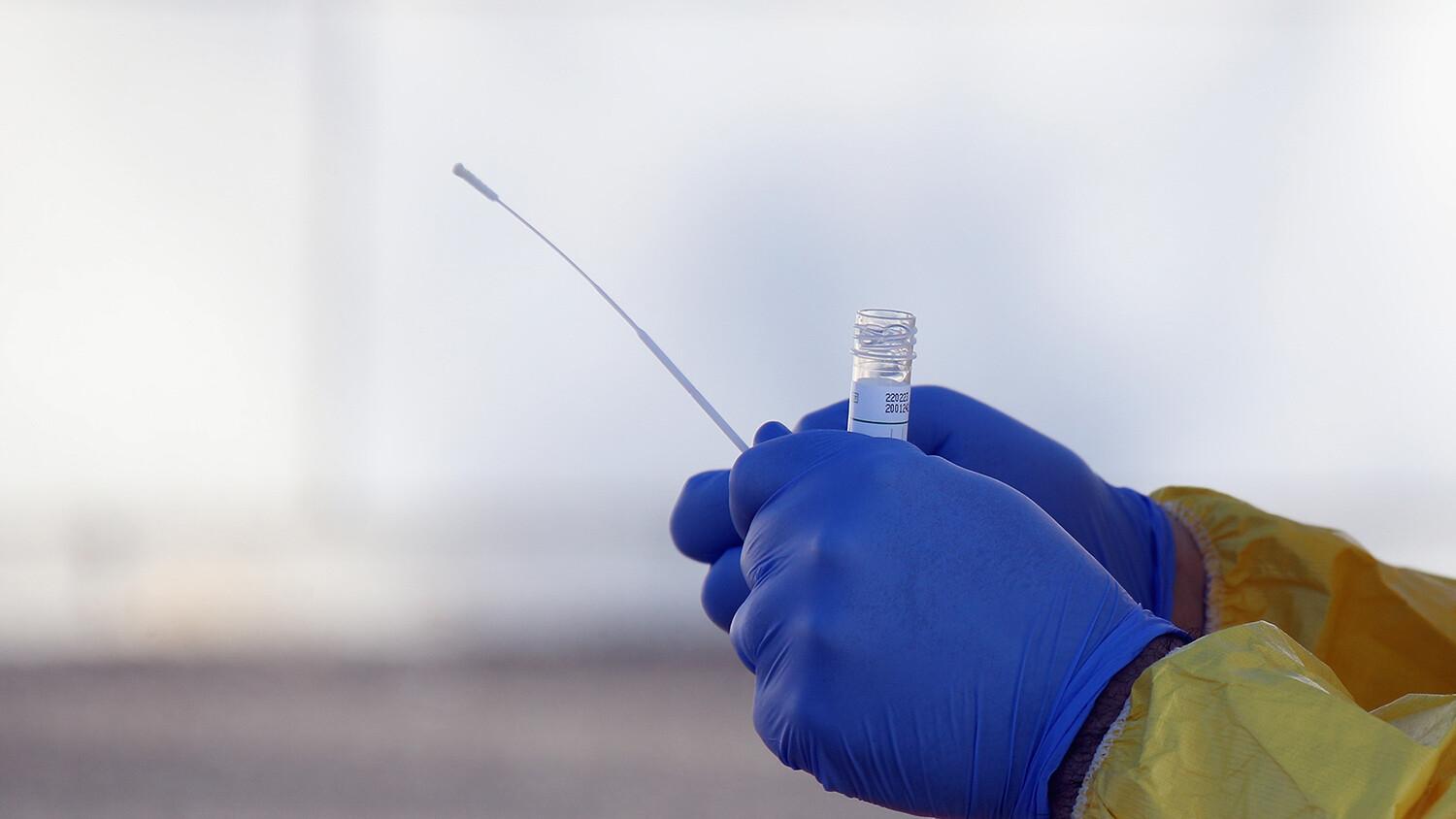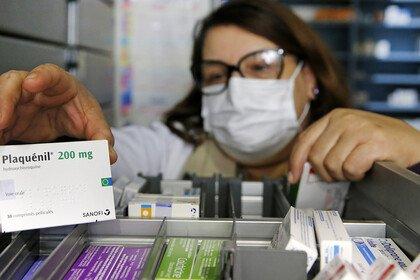
Wellcome joins the UK government, industry and universities in a step-change to COVID-19 testing
Wellcome is supporting a step-change in COVID-19 testing by the UK government. This is a collaborative project, with partners including the NHS, Public Health England, diagnostics companies Thermo Fisher Scientific, QIAGEN and Randox, UK universities, Boots, Royal Mail and Amazon.

The plan is to increase the UK’s diagnostic capacity, starting with testing for frontline NHS staff.
The rollout of widespread testing will eventually cover two types of test:
- a test for the coronavirus itself, which shows if someone is infected at the time of testing; it involves analysing nose and throat swabs using a PCR (polymerase chain reaction) machine to look for the genetic sequences specific to the virus.
- a test for antibodies against the virus, which shows if someone has had the virus in the past, however mild the symptoms, and, it is hoped, have become immune; this could involve a finger prick blood test.
The scale-up is currently focused on testing for the coronavirus itself. This test is already available, and capacity is being increased substantially through the set-up of new hub laboratories which will be running for the duration of the epidemic. To support this effort, universities across the UK have been donating their testing machines and volunteered staff to work in the new diagnostics facilities.
Research continues into the development and scale-up of the second type of test – to detect antibodies against the virus.
Wellcome will work with the global scientific community to provide advice to the partners.
Pressing play on the video above will set a third-party cookie. Please read our cookie policy for more information.
Why wider testing is critical to the public health response to COVID-19
The virus test is important for identifying who is currently infected, and therefore needs to be isolated and monitored in case their symptoms worsen and they require hospital treatment.
The antibody test will track the spread of the virus through the community, including people who do not show symptoms or who are mildly affected, as well as those who become ill. This test will enable public health authorities to assess the degree to which the population has acquired immunity against coronavirus – this will be a major factor in relaxing social distancing and other measures introduced to control its spread.
Data from the antibody tests will also be important in determining the degree of protection that people have after infection and the length of time for which protection lasts. This information is crucial for the rapid development of treatments and vaccines.
In addition to wider testing, the Wellcome Sanger Institute and other expert groups around the country will be working to map the spread of the coronavirus in the UK. Samples from confirmed cases of COVID-19 will be whole genome sequenced and analysed to work out how the virus is spreading. This will inform strategies to prevent further spread of the virus and help clinical care of patients.
Sir Jeremy Farrar, Director of Wellcome, said: "Widespread diagnostic testing during this pandemic is critical to controlling the spread of infection. This initiative is a substantial step forward in our ability to fight this disease that will save many lives.
"Alongside other difficult but necessary public health measures such as physical distancing, cancelling mass gatherings, and school closures, testing is a critically important part of the response.
"Wellcome is extremely grateful to the Office for Life Sciences, Thermo Fisher Scientific, QIAGEN, Amazon, Royal Mail, Boots and Randox for joining this important partnership, and is committed to supporting this initiative."

